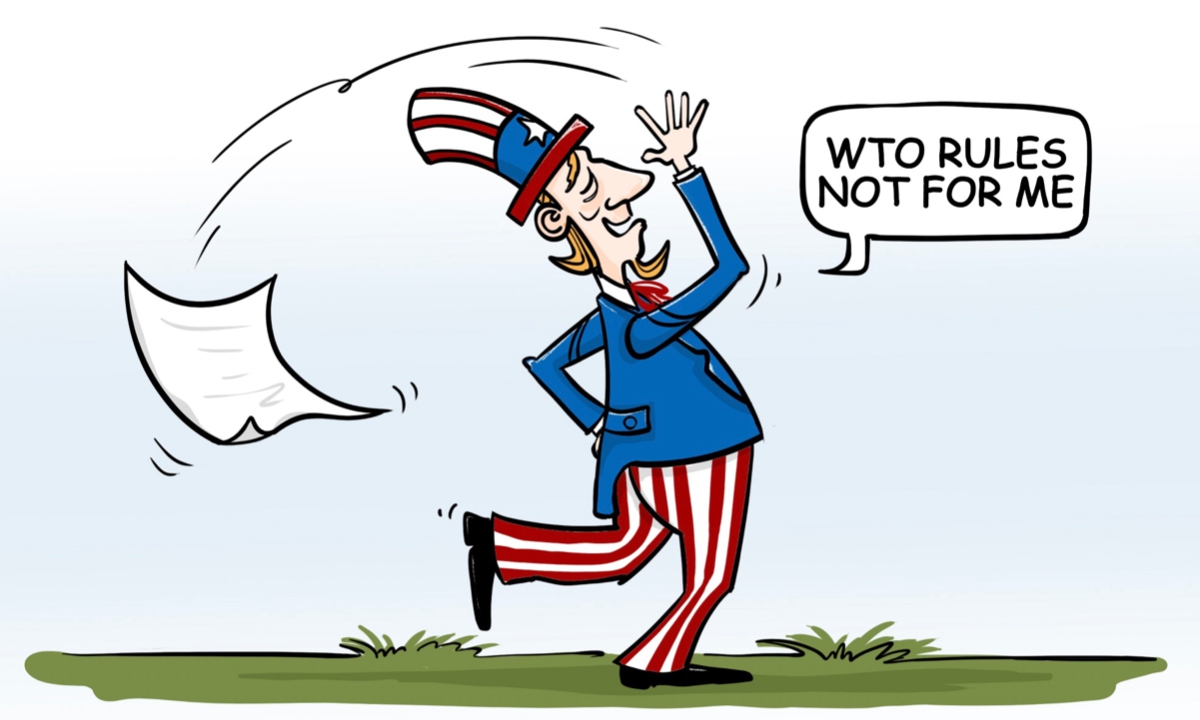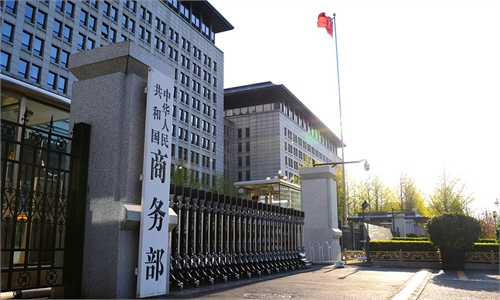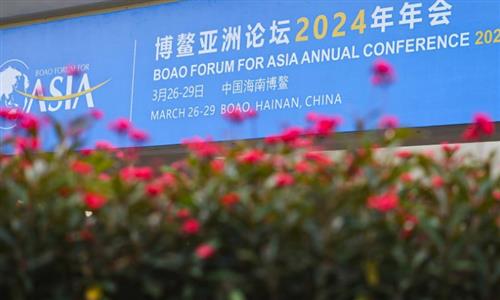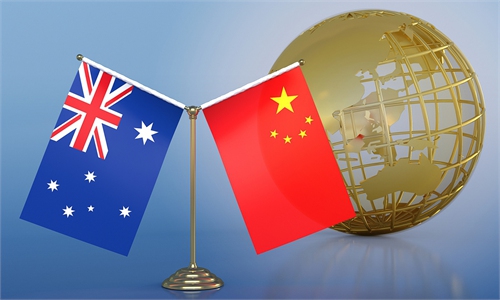This is a just act to maintain the development of electric vehicles: Global Times editorial

Illustration: Chen Xia/GT
On Tuesday, China filed a complaint at the World Trade Organization over US subsidies for electric vehicles under the "Inflation Reduction Act (IRA)." This move is not only to protect the interests of Chinese electric vehicles companies and promote a fair competitive environment for the global electric vehicles industry, but also to firmly uphold the rules-based multilateral trading system.The US Inflation Reduction Act has been controversial and criticized for its obvious trade protectionism and clear violations of the non-discrimination principle of the WTO from the drafting to its implementation. South Korea has considered resorting to the WTO over the IRA, and France and Germany's economy ministers have held talks with the US over subsidies under the IRA. The EU, Canada, New Zealand and other WTO members also criticized the IRA at the 15th Trade Policy Review of the US.
Although the dissatisfaction of these countries did not escalate to resorting to the WTO due to the US' promises of benefits, public relations effort or even pressure, their concerns about the IRA harming fair competition and their own interests are widespread. Since the IRA was approved in 2022, it has had a serious negative impact on the stability of the global industry chain and supply chain, as well as the environment for fair competition. China's filing against the US at the WTO this time echoes the general voice of the international community.
The IRA enacted by the Biden administration stipulates that the clean vehicle tax credit saves consumers up to $7,500 on a new clean vehicle, but an eligible clean vehicle may not contain any battery components that are manufactured or assembled by a "foreign entity of concern," which is expected to include critical minerals in battery components. The so-called foreign entities of concern are companies or other entities listed by the US according to its own needs.
The actions taken by the US do not meet the basic requirements of subsidies needed by developing countries or subsidies to prevent resource depletion. They are discriminatory practices specifically targeting China and other countries. This is clearly a move of unilateralism and hegemonism. In addition, the IRA openly stipulates that American content or local assembly is a condition for granting subsidies, violating the WTO's principle of national treatment. Also, the relevant subsidy policy is explicitly prohibited in the WTO's subsidies and countervailing measures.
In the context of economic globalization, it is basically impossible for resource allocation in the manufacturing industry to be completed within one country. The production of electric vehicles often requires cooperation between multiple countries and enterprises. By trying to suppress Chinese electric vehicles, the US is actually harming the stability of the entire industry chain and the interests of other countries along this chain. In recent years, the US has frequently enacted policies to suppress competitors under the name of national security, artificially disrupting the industry chains and supply chains formed based on market principles. This time it is electric vehicles, next time it could be other goods. This time it is Chinese companies that suffer losses, next time it could be companies from other countries. In the long run, the US will ultimately become the victim of its own trade protectionism under the guise of fair competition.
The US often accuses China of subsidies. US Treasury Secretary Janet Yellen said on Wednesday that "there is no country in the world that subsidizes its preferred, or priority, industries as heavily as China does," mentioning industries such as electric vehicles, batteries, and solar products. China has repeatedly clarified its stance on this matter, and the facts couldn't be clearer. The robust development of China's new energy industry relies on technological innovation and excellent quality forged through competition in the global market, not on so-called subsidies. In reality, the US is the one practicing "double standards" on subsidy issues. As a major member of the WTO, the US violates WTO subsidy rules, enhances its competitiveness and suppresses other countries through discriminatory subsidies. This seriously undermines the international trade order and fair competition environment. Moreover, WTO members are now very concerned about subsidy issues and the reform of subsidy rules. The US demands others to comply with the rules while openly violating them, and this typical double-standard behavior is contrary to the spirit of global cooperation.
In conclusion, whether it is to urge the US to correct discriminatory industrial policies and maintain a fair and just international trade order, or to maintain the stability of industry chain and supply chain in the global electric vehicles market, China's lawsuit is a just act.



